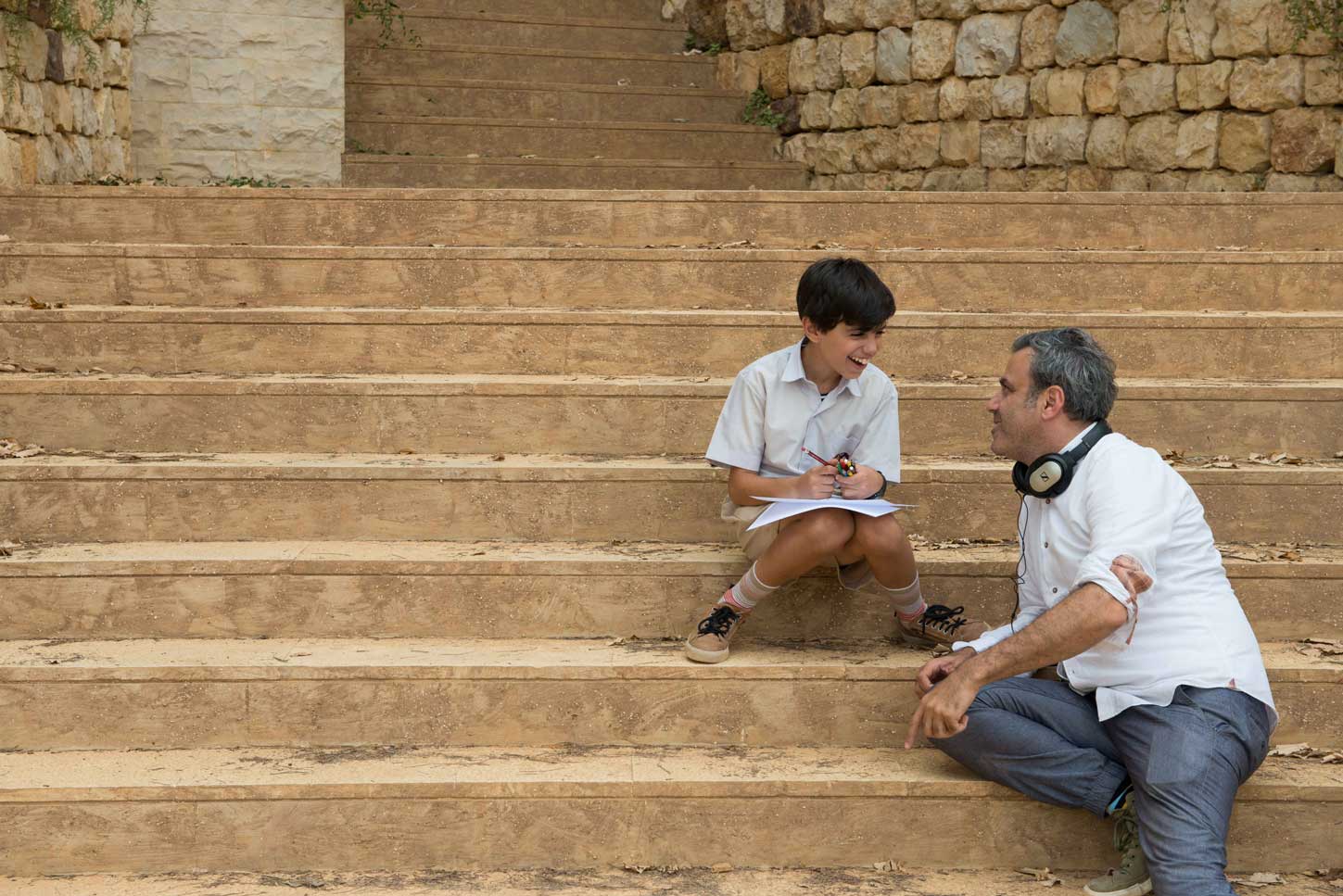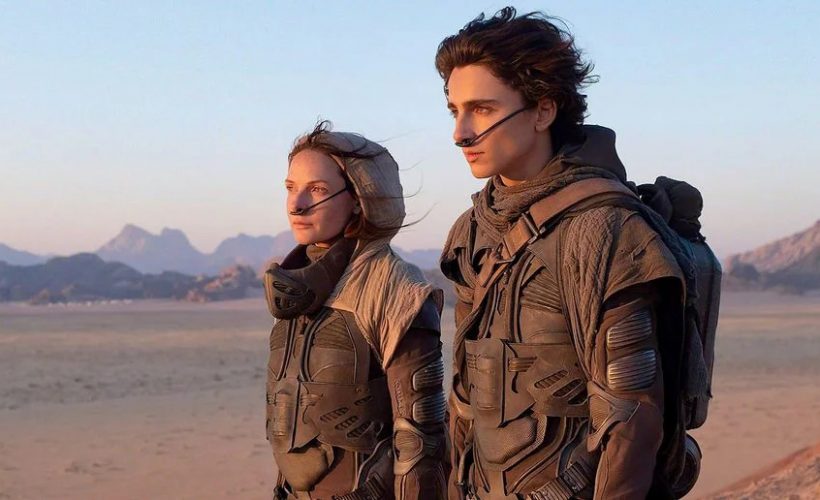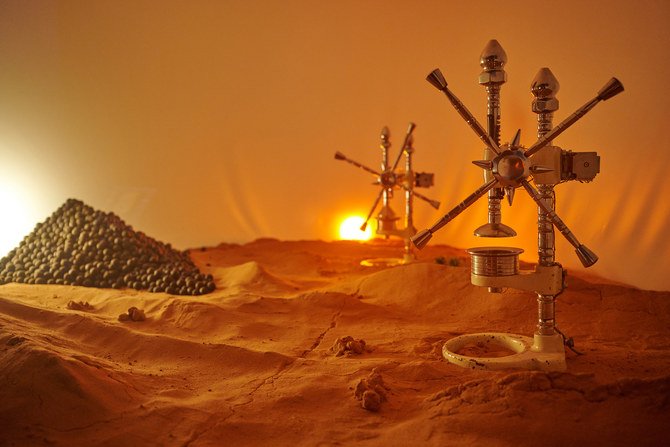Lifestyle
12.5.2019
Oualid Mouaness : “Cinema is like literature, a reflection on the state of the world and humanity”

Oualid Mouaness loves cinema. He loves it so much that he has decided to explore every one of its facets. From screenwriting to direction, production, and editing, nothing escapes him. After studying in Lebanon and obtaining a Master of Fine Arts in film production and writing from the University of Florida, he starts his career […]
Oualid Mouaness loves cinema. He loves it so much that he has decided to explore every one of its facets. From screenwriting to direction, production, and editing, nothing escapes him. After studying in Lebanon and obtaining a Master of Fine Arts in film production and writing from the University of Florida, he starts his career with production by making music video clips of several famous artists like Rihanna, David Bowie or Drake but also commercials.
He also produces short films and documentaries, including Rize by David Lachapelle (Sundance 2005) and Paris, Not France (Toronto 2008) on the life of Paris Hilton. With 1982, this time it’s as a director and screenwriter that he delivers a story of war and love, inspired by his own life. The one of a little boy who tries to tell his classmate Joanna that he loves her. When an air invasion reaches the capital. The students are sent home, and Wissam’s determination grows as it becomes clear to him that no one knows what tomorrow will bring.
https://www.youtube.com/watch?v=MGogFaKm0Kk
What attracted you to this world of cinema?
I have always wanted to tell stories and I like the cinema format. I think everything is going very fast today and people are less and less interested in reading. For me, cinema is just like literature. A reflection on the state of the world and on humanity. So when I went to live in Los Angeles, I noticed that there were so many facets in this industry and I just wanted to explore them all.
When did the idea of 1982 come to you?
This story is based on my last day of school in Lebanon in 1982. Three weeks later, I returned with my family to Liberia, and we did not return to Lebanon for four years. It is a memory that has remained with me and that I’ve always wanted to tell. Even if the civil war had already begun in Lebanon a few years before (1976), it only took place in certain specific areas, but this time we could no longer ignore it. No one could hide the reality now unfolding in front of our eyes. It was obvious: in the sky and in the unforgettable noise of fighter planes. I wanted to document that.

Why did you choose to shoot this film in one unit of space: the school?
As a filmmaker, the most important thing for me is to arrive at the emotional truth, so I wanted to be honest about everything I had experienced at that time. I was ten years old at the time and I was in school. I wanted to show my point of view as a child and also the panic of the adults that I could observe around me.
I read that it took you 8 years to complete the movie.
What was the most difficult?
The funding was the most complicated part. At the end of 2012, I had already made good progress with the screenplay, but getting sufficient funds was difficult because it was a Lebanese movie and people often saw it as a war movie or a children’s movie. Also, we were forced to turn during the school holidays so if I could not get the funding at the right time, everything was postponed to the next year.

How did you convince Nadine Labaki to join the cast of the film?
I spoke to Nadine about the movie in 2013 and she really loved the project. I think she could relate to the character because she experienced that time in Lebanon herself. Meanwhile, I saw her performances in other movies, she became a mother, and all of those elements kept telling me that she was perfect for the movie. When we could finally start filming, I contacted her again to ask if she still wanted to participate in the movie after all those years and she immediately accepted.
Was it difficult to shoot with kids?
It was a long process but we had a lot of fun. We auditioned more than 700 children among whom we chose 25 who all had the potential to play the main character. The major challenge of the cast was also to find the right parents because, in the end, they had to be opened enough to accept what we were going to ask them. Then, when we started shooting, I had to enter the world of children. In the end, I learned much more about myself.
popular

